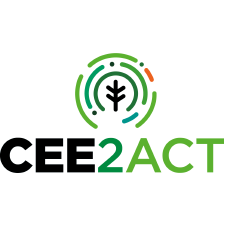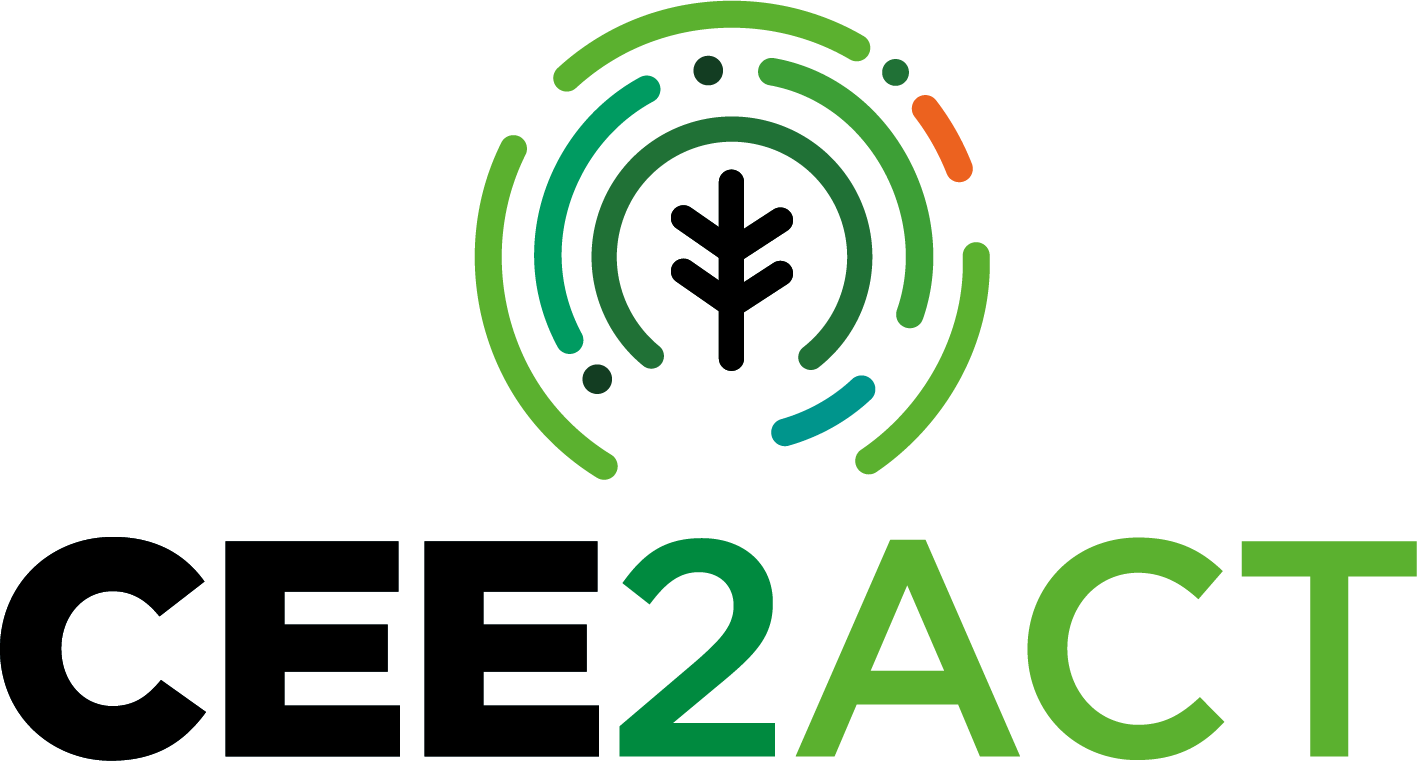Title: Plan for circular economy and bioeconomy 2024 - Basque Country
Funding resources: Directly linked to the ordinary budgets of the Department of Economic Development, Sustainability and Environment and the public companies directly involved in the different initiatives of the same.
|
Year |
2021 |
2022 |
2023 |
2024 |
TOTAL (EUR) |
|
New circular and high value-added business models |
550.000 |
1.100.000 |
1.100.000 |
1.225.00 |
3.975.000 |
| Innovation and new technologies in circular economy and bioeconomy |
3.950.00 |
5.325.000 |
4.325.000 |
4.650.000 |
18.250.000 |
|
New sustainable materials |
200.000 |
250.000 |
250.000 |
400.000 |
1.100.000 |
|
Eco-design of products and buildings |
400.000 |
475.000 |
475.000 |
400.000 |
1.950.000 |
|
Efficient manufacturing and resource exploitation |
3.950.000 |
5.325.000 |
4.325.000 |
4.650.000 |
18.250.000 |
|
Strengthening the opportunities of the circular bioeconomy |
0 |
500.000 |
300.000 |
450.000 |
1.250.000 |
|
Circular consumption, generating demand and marking conditions |
150.000 |
200.000 |
200.000 |
300.000 |
850.000 |
|
Food waste |
50.000 |
75.000 |
75.000 |
150.000 |
350.000 |
|
Plastics consumption |
75.000 |
100.000 |
100.000 |
175.000 |
450.000 |
|
Sustainable waste management |
175.000 |
200.000 |
200.000 |
400.000 |
975.000 |
|
Secondary raw materials |
150.000 |
175.000 |
350.000 |
350.000 |
850.000 |
|
Total |
6.250.000€ |
9.000.000€ |
7.550.000€ |
9.175.000€ |
31.975.000€ |
Table 1. Funding resources devoted to the Plan for circular economy and bioeconomy
Implementation period: 2021 - 2024
Country/Region: Spain, Basque Country
Description:
The Basque Country, in order to align its economic strategy with the 2030 Agenda and the European Context on bioeconomy and circular economy, has developed “Plan for Circular Economy and Bioeconomy 2024”. For the elaboration of this strategic plan, several actions were carried out:
- In order to exploit the richness of forestland in this region, authorities established a collaboration with countries like Finland and Germany as they could share good practices to exploit this biomass.
- DAFO analysis of the previous situation, as they could identify in which action they should focus and which were underexploited. Moreover, it may be helpful to set up a baseline scenario and compare at the end of the strategy implementation period what has been achieved.
- A participatory process with all the agents involved (companies, clusters, technology centres, universities) in order to take into account their opinions and concerns.
- Finally, the programme was aligned with the policies that were being implemented in the region.
The Basque Country aims to become a leading region in Southern Europe in circular economy and bioeconomy. In order to achieve it, this region has 3 main objectives:
- Increase material productivity by 30 %. It is necessary to evolve towards a circular model, by reducing the dependence on materials and using them in a more efficient way and increasing the product value.
- Increase the circular material usage rate by 30 %. The aim is to measure the contribution of recycled materials in the Basque Country to the total material demand, promoting circularity by reducing dependence on imports, raw material extraction, and landfill waste. It also aims to boost recycling and the transformation of waste for reuse in other production processes.
- Reduce Waste Generation by 30 % per GDP unit: This objective is aligned with the decoupling the economic growth from both material waste generation, as well as the use of materials.
Additionally, the strategy addresses two complementary objectives aligned with European Commission priorities: halving food waste generation and ensuring 100% recyclability of plastic packaging. Finally, Specific objectives for bioeconomy include environmental protection, strengthening the agro-food, marine, and forestry sectors; enhancing scientific and technological capabilities, attracting high-value bioeconomy-related businesses, and creating market demand.
These objectives are to be achieved through the implementation of the strategic lines (production, consumption, the management of residues, raw materials, competitiveness and innovation) and action lines.
Finally, when analysing the evolution of the circular economy and the bioeconomy in the Basque Country, it is worth to emphasize the cross-cutting nature of circular economy and bioeconomy. In consequence, the collaboration and coordination between different institutional actors, local authorities, in addition to all the actors that are involved along the value chains is highlighted (industry, R&D&I, agriculture, universities, forestry).
The following specific tools were considered:
- Steering committee: Different institutional actors are involved in it, and their tasks are to execute and coordinate the actions foreseen in the plan; supporting and coordinating the actions that are the responsibility of other institutions, which are not members of the committee; monitoring the plan and analysing its final impact.
- Interdepartmental coordination: The proposal suggests establishing interdepartmental and multidisciplinary committees as a channel for collaboration between administrative bodies without executive or decision-making functions. These committees will meet annually to enhance interdepartmental coordination, generate synergies, and monitor the plan's progress.
- Involvement of social and economic actors: As well as taking into account the different stakeholders during the participatory process, dialogue with them will be maintained throughout the implementation of the strategy.
- Independent advisory board for the promotion of the bioeconomy in the Basque Country: Following the governance models developed in the European countries of references in the field of bioeconomy, it is considered necessary to set up an independent advisory group, which will be made up of local and international experts. The aim of this board is to create a continuous, stable, independent space with a long-term vision, and they would keep in contact with the public bodies responsible for the bioeconomy in the Basque Country.
- Monitoring and evaluation systems: Monitoring will be carried out in the first quarter of the year. In order to analyse if the plan is being followed and to suggest recommendations. Also, qualitative and quantitative information is going to be collected to elaborate reports. In 2024, the final report will be developed, and it will be discussed if the plan needs to be updated or if it is necessary to develop a new one.
Link to the website: https://www.euskadi.eus/contenidos/plan_gubernamental/08_planest_xiileg/es_def/adjuntos/Economia-Circular-y-Bioeconomia-WEB.pdf
« Back
